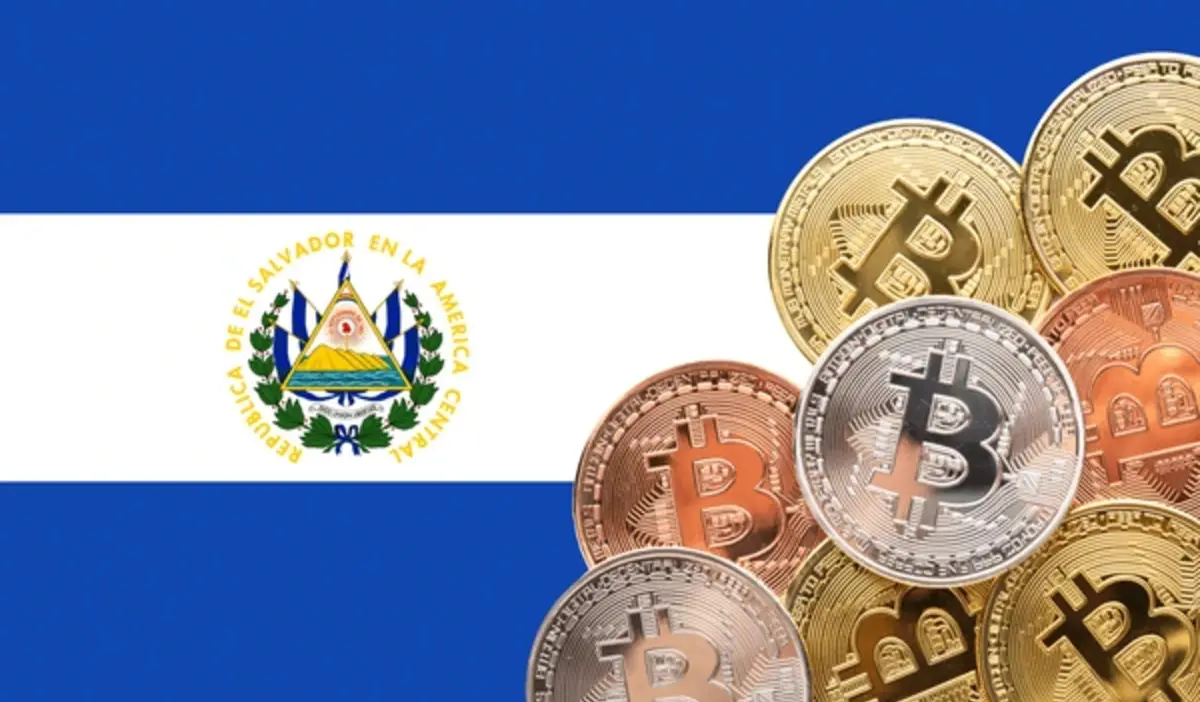El Salvador has agreed to a $1.4 billion loan from the IMF, provided that its Bitcoin project is reduced from this point forward.
The International Monetary Fund (IMF) has finally reached a deal with El Salvador, the first country to make Bitcoin a legal tender, for a $1.4 billion loan. It is contingent upon the reduction of its “Bitcoin Project.” Consequently, the Latin American nation has also consented to implementing measures to enhance its balance and debt-to-GDP ratio. The agreement results from four years of exhaustive negotiations between the two parties.
The International Monetary Fund (IMF) is seeking modifications to the Bitcoin Project in El Salvador
The International Monetary Fund (IMF) has recognized El Salvador’s endeavors to enhance its fiscal situation by managing its short-term debt obligations, boosting economic growth, and reducing inflation.
Tensions with the IMF were previously a result of the country’s controversial adoption of Bitcoin in 2021 under President Nayib Bukele. This resulted from a series of credit downgrades and decreased bond prices. Nevertheless, the present agreement is expected to address the long-standing issues that have impacted El Salvador’s bond markets.
The Bukele government has made concessions regarding Bitcoin, the only negative aspect of this agreement. The IMF’s previous concerns regarding the use of cryptocurrency by the private sector will be addressed through legal reforms that will make it voluntary. Furthermore, the IMF acknowledged that the risks associated with El Salvador’s Bitcoin project would be “substantially reduced” by its policies, as reported by Bloomberg.
Conversely, the Latin American nation accumulates one Bitcoin daily in its treasury. Elon Musk recently commended the nation’s Bitcoin policy and the strategic Bitcoin reserve it has established in recent years.
Chivo wallet unraveling
The Latin American Bitcoin nation is prepared to gradually reduce its involvement in the Chivo crypto wallet, a project initiated in 2021 but encountered substantial technical difficulties. Chivo provided $30 in BTC to new members as a promotional incentive during its launch.
The digital wallet’s long-term adoption has been disappointing despite initially attracting over 3 million participants. Fewer than 2% of remittances were transmitted through the Chivo wallet by 2022.
President Nayib Bukele has implemented economic reforms, such as refinancing domestic securities, restructuring pension debt, and buying back dollar-denominated bonds at a discount, despite the Chivo initiative’s setbacks. Additionally, Bitget has recently obtained a license as a Bitcoin Service Provider in the country, and the government is open to new players.
The development occurred when Bitcoin was experiencing significant selling pressure, with the price falling below $100,000 in the wake of the broader crypto market crash shortly after the Federal Reserve’s rate cut announcement.



